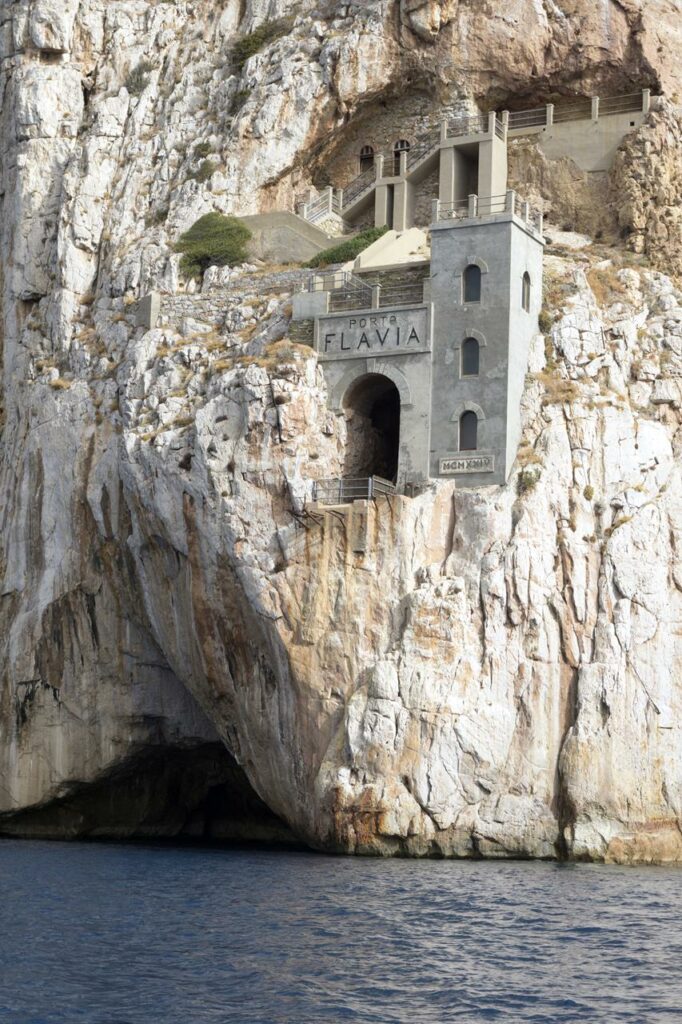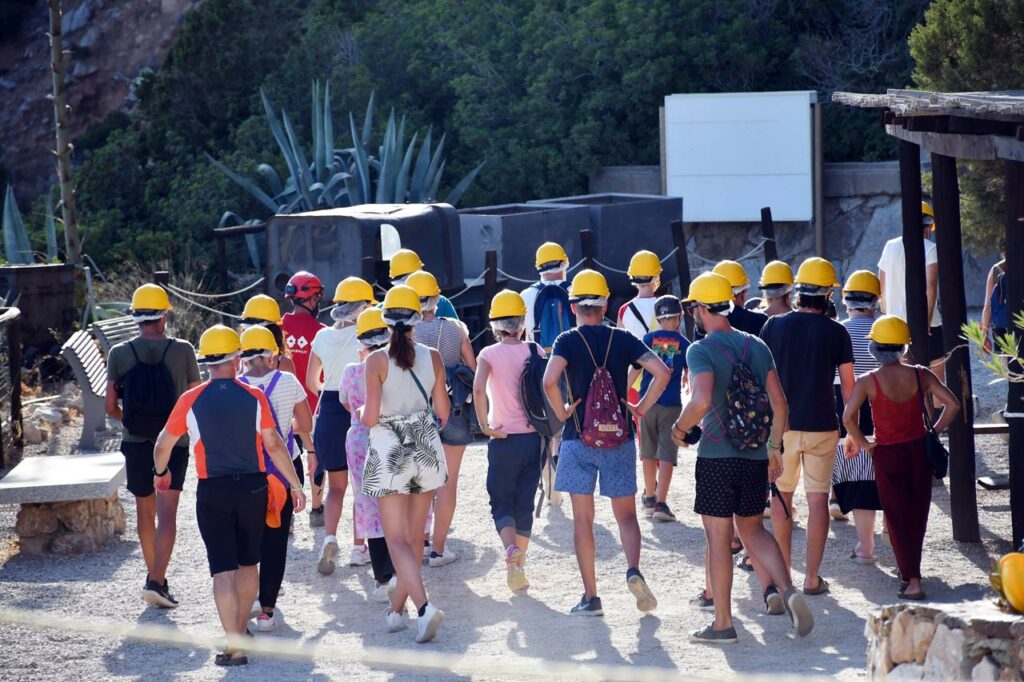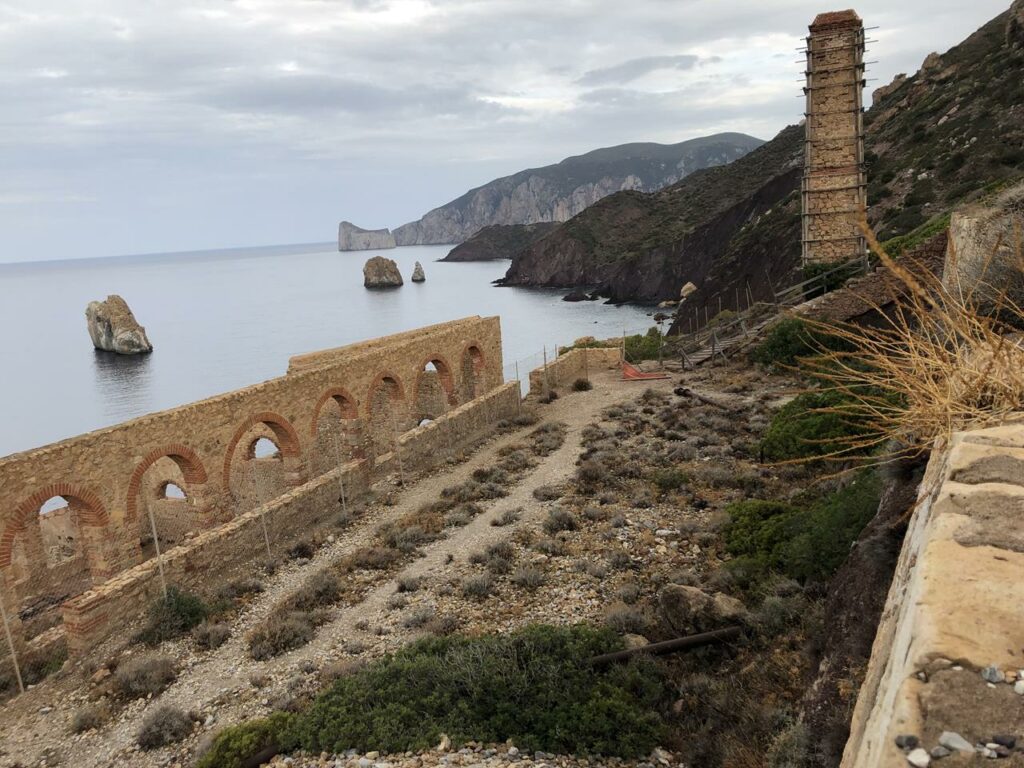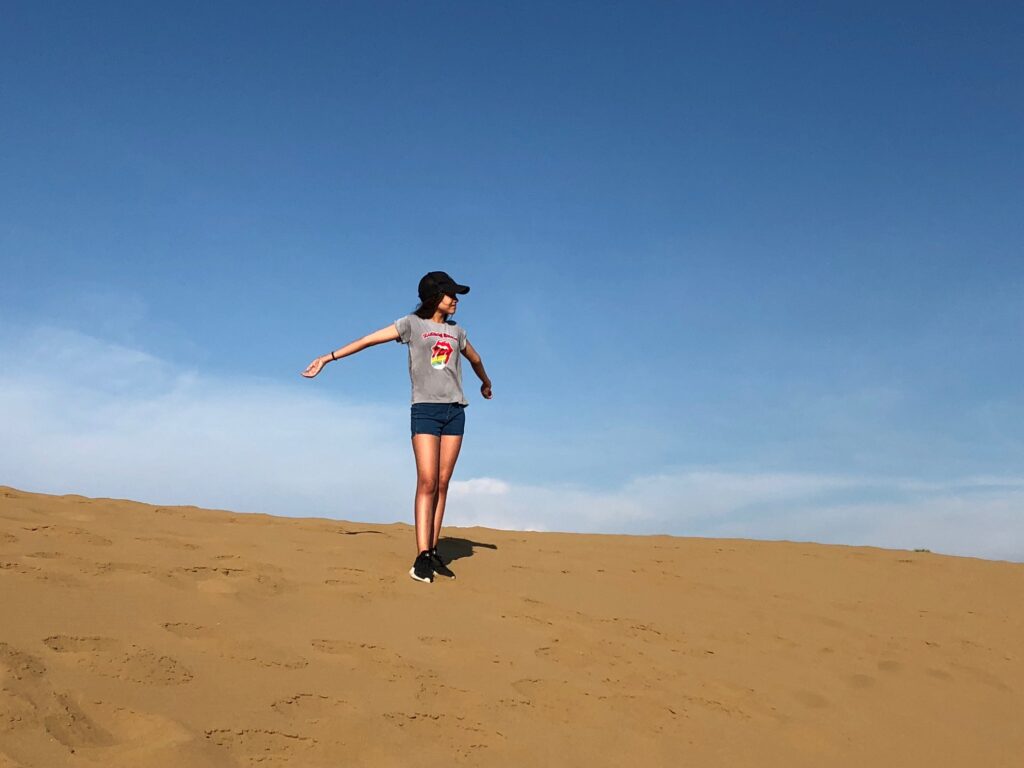Why GEOTOURS-GUIDES
Tourism is the third largest sector of the global economy accounting for approximately 7% of global trade (UN, 2020). Many countries worldwide are highly dependent on the tourism sector as it can represent over 20% of their GDP (UN, 2020). With the Covid-19 outbreak, the sector faced an unprecedented shock as international tourism declined rapidly by almost 70% in 2020 (UN, 2020). As a result, economies, services and livelihoods were impacted and millions of direct employee’s jobs in the tourism sector at stake. The European Federation of Tourism Guide Associations’ (FEG) study (May 2020) revealed tourist guides across the EU as one of the hardest-hit due to the pandemic.
The UN policy briefing, announced in August 2020, highlights the necessity of restructuring the tourism sector shifting it towards sustainability and inclusive green growth taken also into consideration the pandemic-induced recession.
It envisions the harmonisation of innovation and digitization, while embracing the society, through 5 priorities, including boosting competences and digitalisation of the tourism ecosystem. Further to this, the European Skills Agenda for sustainable competitiveness, social fairness and resilience (2020) sets ambitious, quantitative objectives for upskilling and reskilling to be achieved within the next 5 years and sets them as a priority for a sustainable recovery after the pandemic. The Pact identifies tourism as one of the four priority sectors.
A tourist guide is an area-specific profession, always related to a country/region/city. Professional tourist guides are qualified for theory and practice. Life-Long Training & Continuous Professional Development (CPD) is always needed by tourist guides around the world to update their skills and knowledge in guided tours (FEG). In connection with this, changing customer preferences force tourist guides and agents to shape new tourism models by introducing locally diversified and customised touristic solutions. Tourists are expected during and after the covid-19 pandemic to show preference in individual or small group guiding rather than larger groups, as well as guiding in open spaces (Joint Research Centre, 2020). Tourist guides upskilling and reskilling in nature-related tours, such as Geological tours, is now needed more than ever.
Geotourism is a thematic touristic area that is now being discovered and attracts the interest of many tourists. It is an ‘alternative’ type of rural tourism that is motivated by the experience, knowledge and enjoyment of geodiversity and geoheritage. It is mainly promoted in the areas that have been designated by UNESCO as World Geoparks, as well as, in areas of special or recognized ecological, cultural and man-made interest. A few out of its many benefits, it enhances the geographical character of a place, provides education to the effects of natural disasters and climate change and stimulates the local-economic activities of an area. The authentic local character and environmentally friendly approach is the kind of experience that nature attracted tourists seek nowadays.
The project idea derived following an online focus group that was carried out in the form of a casual online thematic chat where a number of tourist guides and agencies of the project’s partner countries participated. The focus group aiming to investigate the impact of Covid-19 on the tour guides& agents’ professions, opportunities to overcome those impacts and current trends in tourism in each country.




Outcomes
– A desk research report learning outcomes of the education packages of the project
– A Blended training course that will have the training content and material on improving tour guides and tour agents’ digital branding skills focused on tour promotion and also expertise on geo-tours.
– An e-learning platform that will host the blended training course
– A training e-Guidebook provide a didactic methodology for the Geo-Tours Guides blended training course to trainers/educators
– A website that hosts the project’s and partners’ information the e-Guidebook, the Desk research report, and will be linked with the e-learning platform.
– At least 30 tour guides and tour agents experiencing the project results in first-hand All project results will be available and accessible at the Geo-Tours Guides website even after the end of the project. After the end of the project, the website with all the training content/materials will remain an OER available to the public. The Geo-Tours Guides training course and e-learning platform can also act as a reference point for future projects related to the sector. All project’s results will be promoted during the multiplier event of the project aiming to reach tour guides, tour agents, touristic guides’ trainers/educators, geo-tour guides’ experts, governmental departments related to tourism, unions, tourism associations & tourist guides associations for further utilisation of the all PRs after the end of the project.
Achievements
The preliminary needs analysis performed by the partnership shaped the project’s core mission to increase the digital capacity of tour guides and tour agents while providing expertise on thematic geological tours. In this framework, the project aims to develop a novel blended training package directed to tourist guides, tourist guide students and tourist
agencies that are interested to obtain expertise on Geo-tourism and develop the brand of their Geo-tours. The training package will provide skills related to the online branding of their tours, i.e. digital, marketing & networking skills, as well as an online textbook dedicated to specific geological routes and their theoretical information. The training package and an accompanying e-Guidebook will be both OER available on the project’s e-learning platform. The project’s specific objectives are:
– Design a novel training package for tourist guides, tourist guide students and tourist agencies to obtain expertise on
– geological thematic tours.
– Develop the target groups’ branding-related skills (i.e. digital & social media marketing, general digital skills, networking etc.) to make transition from theory to commercialisation.
– Strengthen and extend Geological competences of the target group in addition to their basic training/education.
– Enhance the target groups’ tour portfolio with quality and unique tours based on the current trends of the customer preferences for nature tourism.



